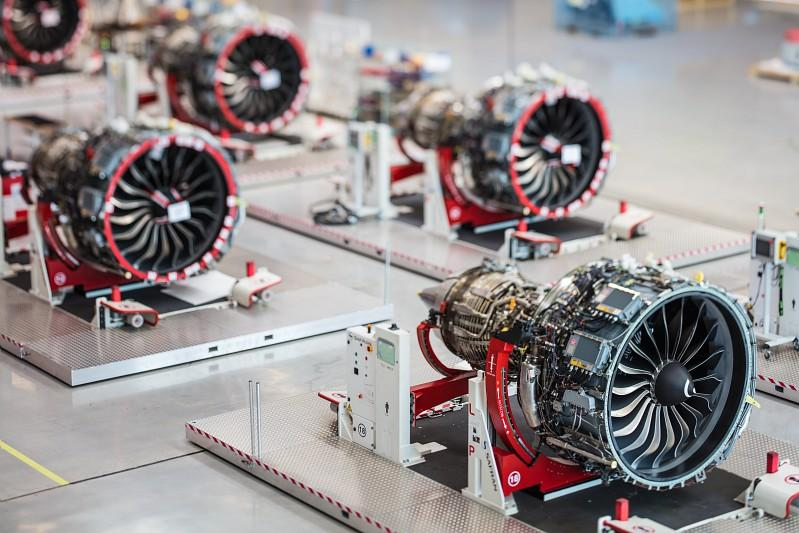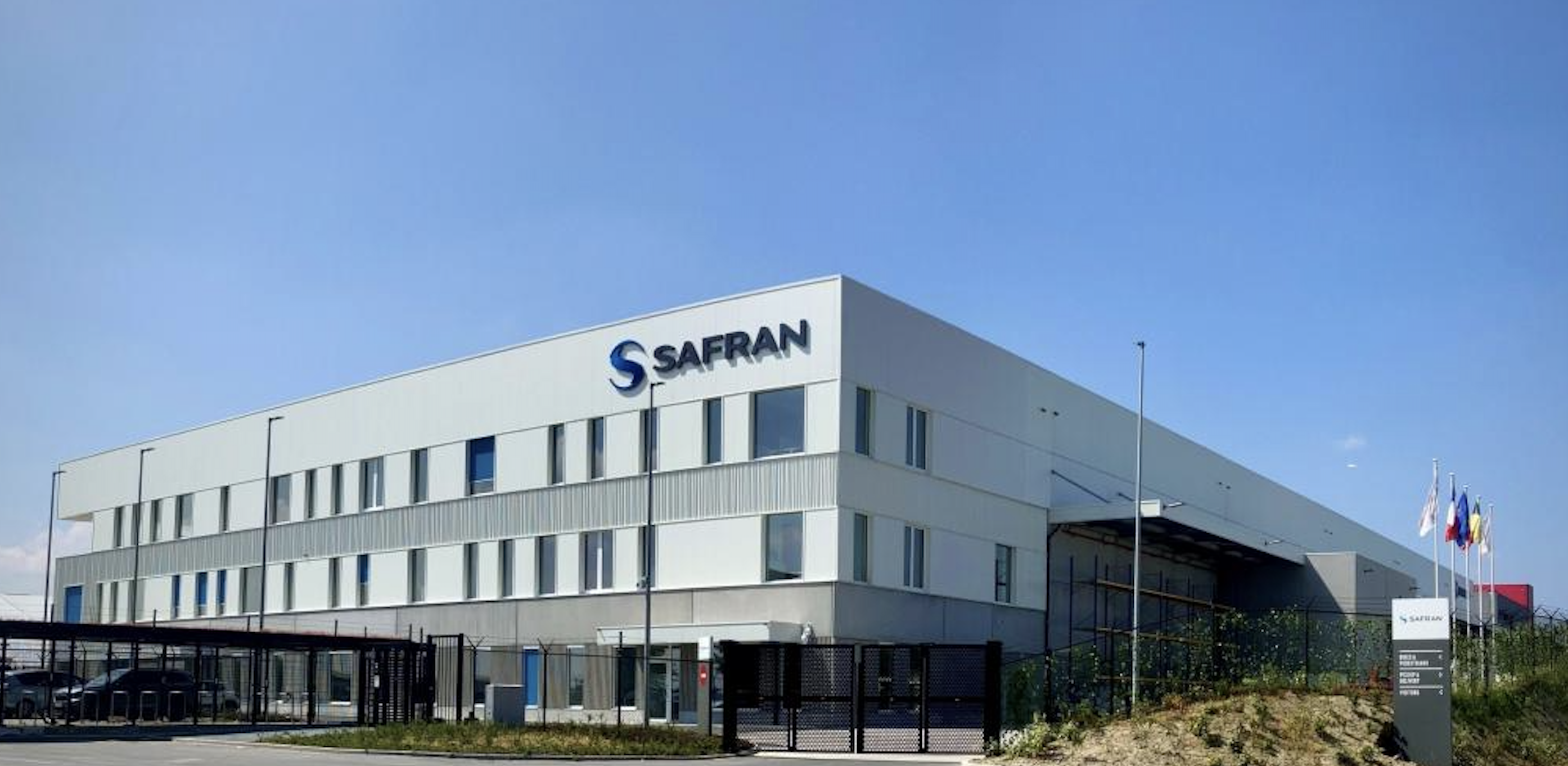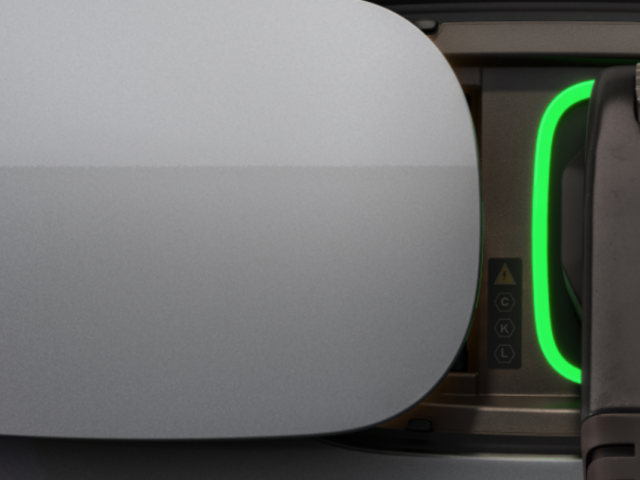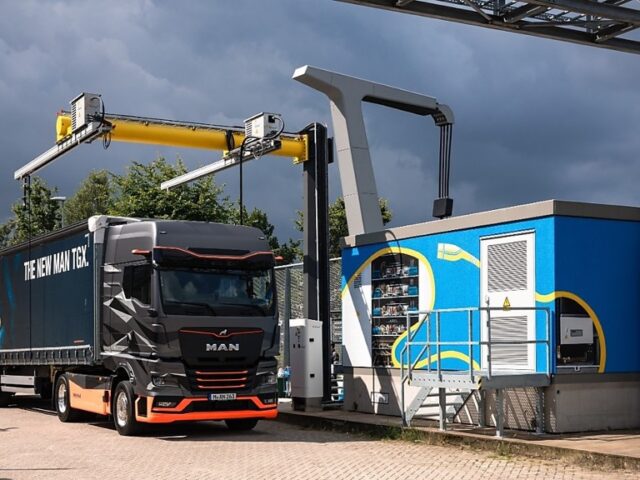At Brussels Airport, the new building of Safran Aircraft Engine Services, a French aircraft engine maintenance company, has been officially inaugurated. The building, which cost 24 million euros to build, measures 8,500 m² and is carbon-neutral thanks to its use of 100% renewable energy. By 2027, the site will employ 220 new workers.
The new site in Steenokkerzeel, which currently employs some 250 people, focuses on servicing the latest generation of aircraft engines, the LEAP-1A and LEAP-1B engines. The LEAP-1A engines are used in the A320neo aircraft, while the 1B engines are for the Boeing 737 MAX.
120 workshop visits a year
These new-generation engines offer 15 to 20% reductions in fuel burn and CO2 emissions and deliver significant improvements in noise levels compared to older models. The LEAP engine, used by more than 150 airlines worldwide, was developed by CFM International, a joint venture between Safran Aircraft Engines and GE Aerospace (US). More than 7,500 engines have already been delivered, with a further 10,600 on order.
The first operations at the new facility – the current, almost 25-year-old one was closed – started early this year. In time, Safran Aircraft Engine Services is aiming for around 120 workshop visits a year.
There are also plans for an expansion project by the end of this decade to house maintenance activities of the LEAP modules – a part of the LEAP engines currently carried out at another site – almost 15,000 m² extra, with a capacity of 1,200 modules a year.

Energy-positive
“This new site is an essential link in our global MRO network to support the growing fleet of LEAN engines worldwide,” says Jean-Paul Alary, president of Safran Aircraft Engines. “At the same time, we are reducing the carbon footprint of our operations.”
That energy in the carbon-neutral building comes, for example, from some 800 rooftop solar panels and heat pumps. The French group leases the building from Brussels Airport, produces more energy than it consumes, making it energy-positive.
Safran, which the French state owns 11,2% of, also designs, develops, and manufactures helicopter engines, spacecraft propulsion systems, and various other aerospace and military equipment. Last year, it employed over 92,000 people worldwide and generated 23.2 billion euros in revenue.




Comments
Ready to join the conversation?
You must be an active subscriber to leave a comment.
Subscribe Today